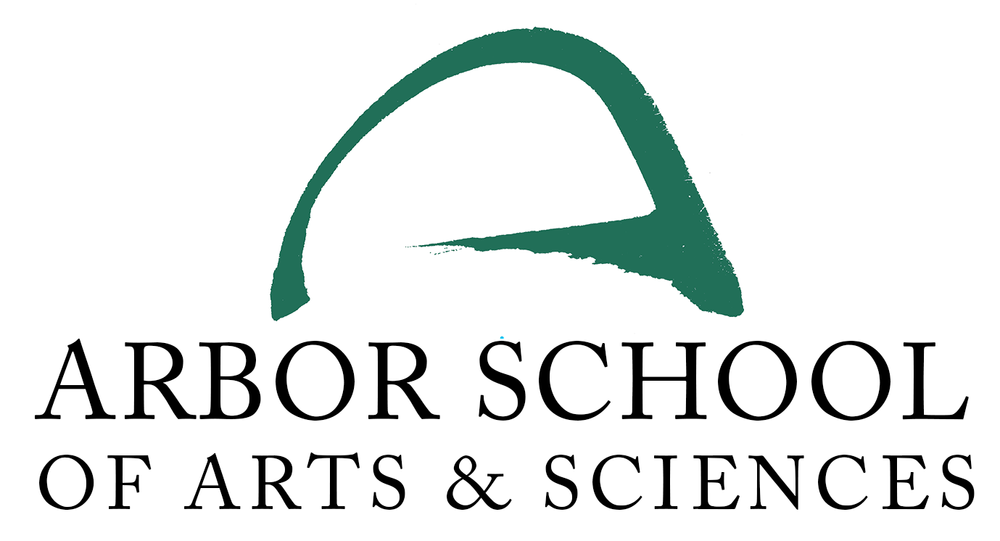Science (K-8)
In 1985, several hundred scientists, mathematicians, engineers, physicians, philosophers, historians and educators came together under the auspices of the American Association for the Advancement of Science to develop a remarkable book called Science for All Americans. Their work has heavily influenced the development of the science curriculum for Arbor School. The book advocates for teaching science in a way that is consistent with the nature of the scientific process and outlines principles of effective learning and teaching that not only have clear applicability to scientific inquiry and developing scientific habits of mind, but many stretch well beyond the realms of science and into other intellectual endeavors.
- Start with questions about nature
- Engage students actively
- Concentrate on the collection and use of evidence
- Provide historical perspectives
- Insist on clear expression
- Use a team approach
- Do not separate knowing from finding out
At Arbor we always begin with what students can observe and explore directly. The natural laboratory of our woods and streams gives us the ability to work “in the field” daily, and this unmediated contact with nature is perhaps the most foundational aspect of the Arbor science program. As we ask children to do exactly what researchers do—observe, collect, sort, explore and explore the realia of the world around them—they learn new skills in context and become increasingly capable of collecting information and taking measurements, of aggregating data, and of attempting to explain the results of their inquiries through clear and well-organized expression. We want students to understand that science, like history and other social sciences, is an ongoing pursuit of truth, that ideas change over time and as new evidence is discovered. We teach respect for great thinkers who made radical leaps that later proved to be wrong, hoping that students will see them as valuable role models for the willingness to take intellectual risks, to go against the grain, to reexamine evidence in search of truth rather than abiding by conventional wisdom. And we emphasize the power of collaboration among scientists. Working out ideas together, testing one's own understanding against the understanding of others, and learning to make progress alongside others—these are habits with broad applicability in the world.
